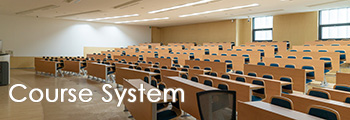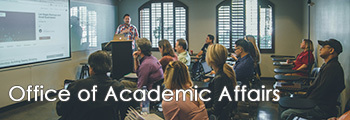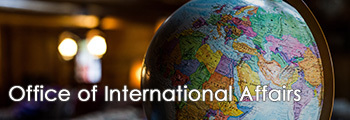Absorbed into fantasies at Taipei Tech international literature conference
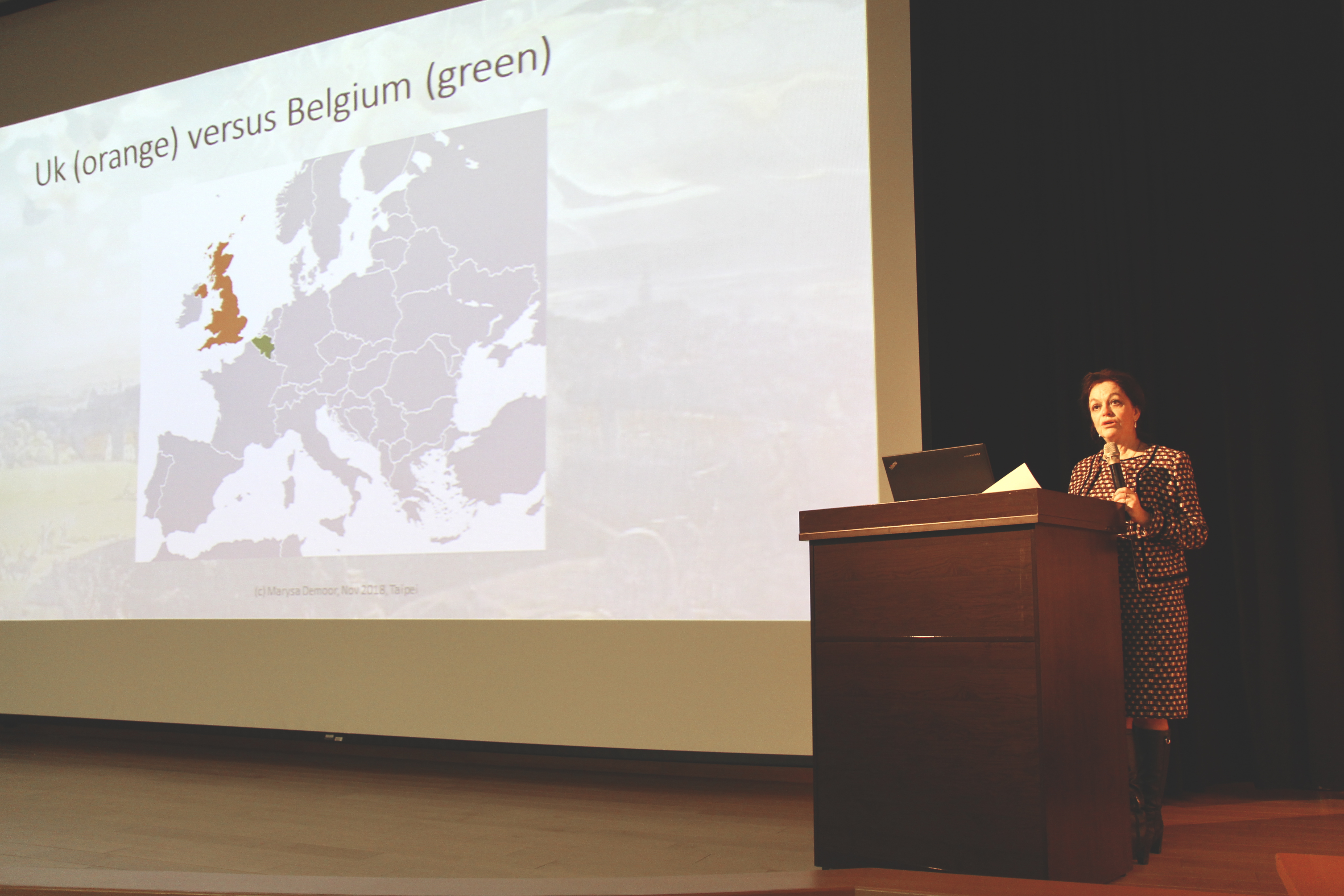
Taipei Tech has been making great strides in developing the arts and humanities, and one of the university’s major events is its biennial international literature conference. This year’s conference, Literary Fantasy and Its Discontents, hosted by the Taipei Tech Department of English on November 23–24, explored the hazy boundaries between fantasy and reality in literary texts, films, and purported non-fiction.
Delegates were intrigued by the theme, and over 50 scholars from 34 universities in 15 countries presented papers. Delegates and attendees came from Belgium, Canada, China, the Czech Republic, France, Japan, Germany, Hong Kong, India, Macau, Norway, the Philippines, Singapore, South Korea, Taiwan, the UK, and the U.S. In fact, three-fourths of the conference presenters traveled to the conference from abroad, and the paper sessions were enriched, not only by presenters’ excellent scholarship, but also by their various life experiences and ways of approaching texts. The conference organizers were particularly pleased to have interdisciplinary discussions on a wide variety of national and regional literatures and films, including American, Chinese, French, English, German, Greek, Hong Kong, Irish, Indian, Japanese, Russian, Scottish, and Taiwanese works.
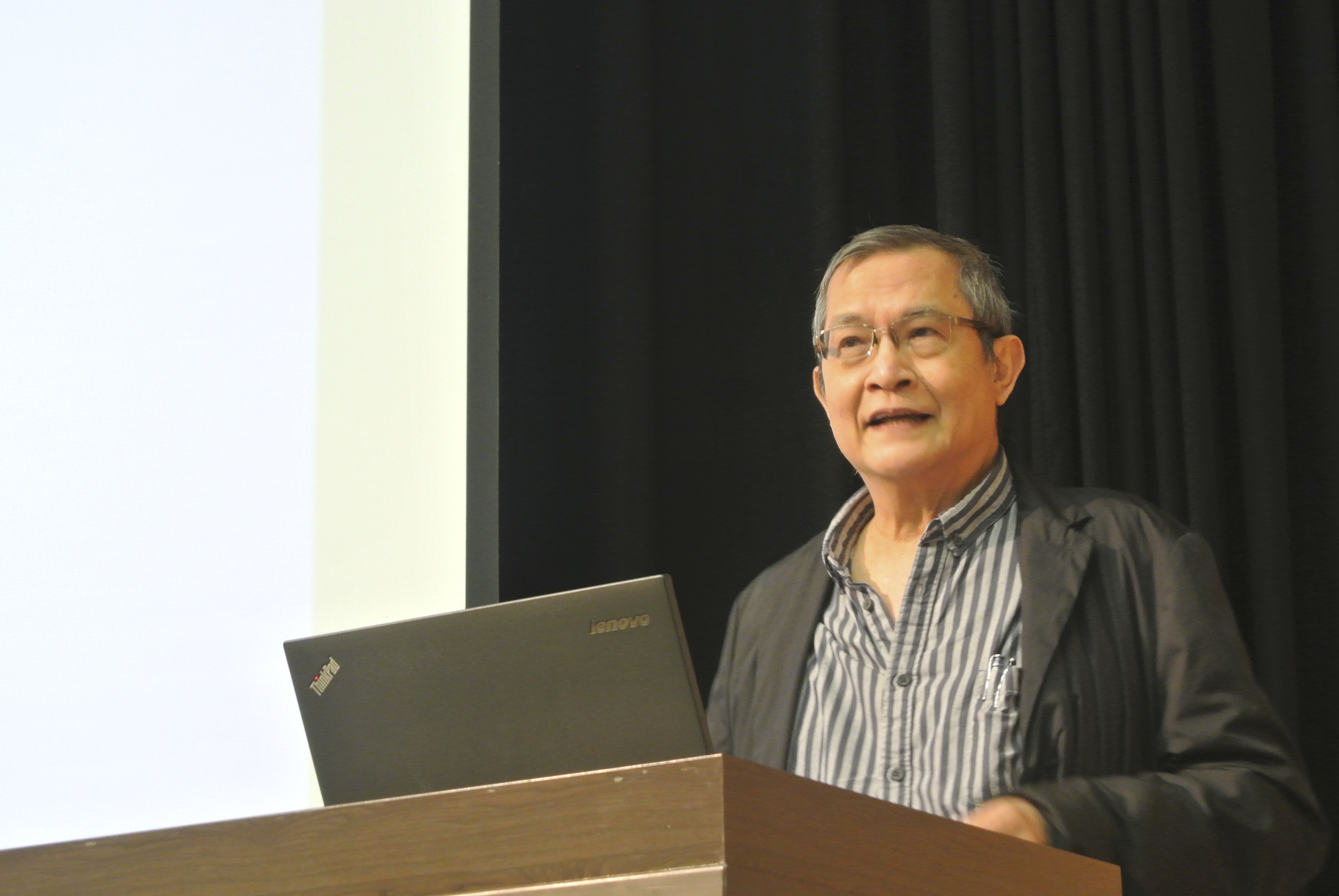
Friday’s keynote speaker, Professor Marysa Demoor (Ghent University), gave a literary talk, “From Hellish Fantasy to British Discontent: Analyzing the Construction of Nationalism in the Nineteenth-century Fantastic.” Saturday’s keynote speaker, Professor Ackbar Abbas (University of California, Irvine) focused on film studies, discussing “Documentary As Fantasy; or, Documentary in the Era of Its Impossibility.” Taipei Tech’s own Thomas Carl Wall discussed philosophy in his featured talk, “No One Ought to be Born: Morality, Fantasy, and Pessimism in the Thinking of David Benatar.” Together, these talks represent the wealth that humanities study has to offer; they provided diverse and fascinating fodder for discussion.
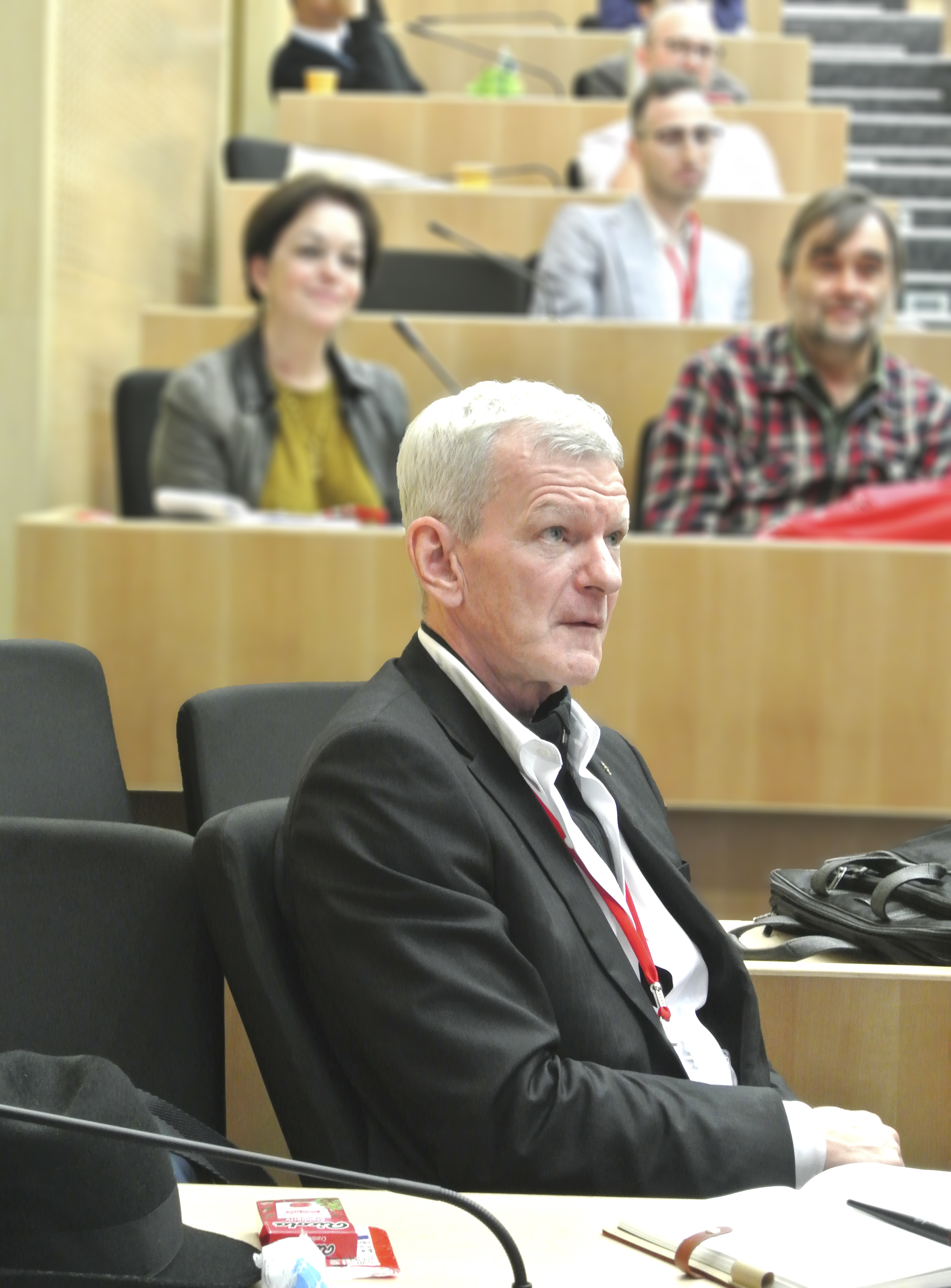
Taipei Tech students benefited from participating in the conference events: many joined the audience for sessions by Taiwanese and international scholars. Many also were able to professionalize by participating in the conference as tour guides, interpreters, and key personnel. The day before the conference, several international scholars participated in associated cultural events that were chosen for their relation to conference theme subtopics such as fantasy and identity, fantasy and nationalism, and fantasy and politics. Taipei Tech students ably assisted groups of scholars and our keynote speakers in tours of The National Palace Museum, Chungshan Hall, Puji Temple, Thermal Valley, the Beitou Hot Springs Museum, the Jing-Mei Human Rights Memorial and Cultural Park, and the Puppetry Art Center of Taipei. Scholars found the conference both educational and enjoyable, with one commenting that it was “like a fantasy!”
Taipei Tech continually strives for technological and scientific progress, but it also puts equivalent emphasis on cultural studies, critical thinking, logic, and the arts, all of which are key to for students’ individual development and position as well-rounded members of society.
For those who missed the conference, it is still possible to read some of the scholarship that came out of it. Taipei Tech’s Dr. Pingta Ku and Dr. Sharin Schroeder will be guest-editing a special issue of selected, revised essays on the conference theme in partnership with National Taiwan University’s journal, Ex-position; the issue will be published in December 2019.




